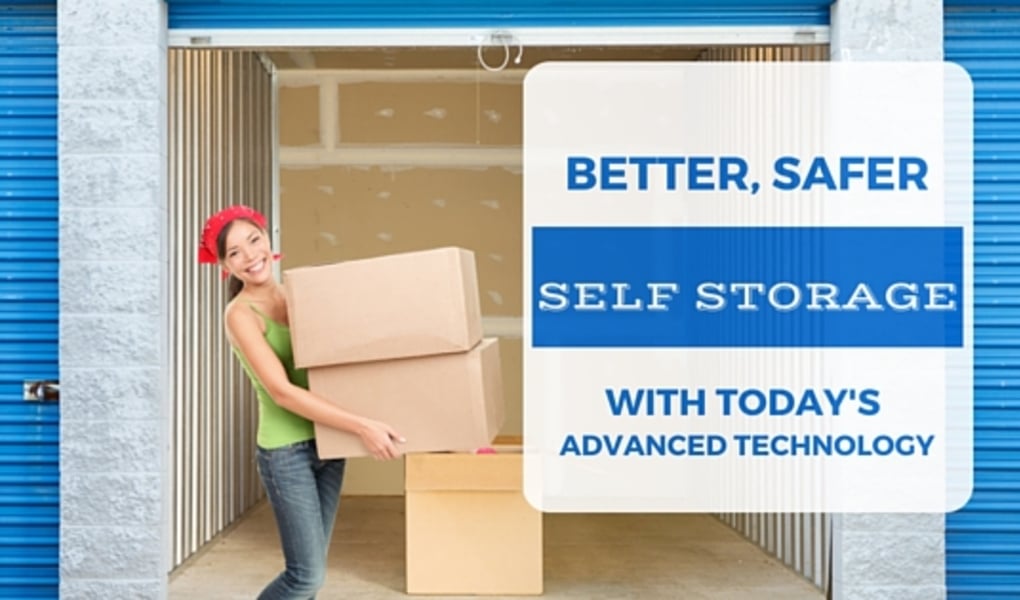Since their inception in the 1960s, self-storage facilities have become a staple of American culture. Millions of people each year choose to store their possessions in storage units in a bid to free up space in their homes and businesses, as well as to simplify their lives.
While these facilities have always been relatively secure, up-to-date, and trustworthy, the ones available today have reached new heights of security and convenience thanks to modern technology. When you wonder if renting storage facilities for your storage needs is a wise investment, you can be assured by learning about some of the latest innovations utilized by today's self-storage businesses.
Green Energy Efficiency
Gone are the days of dank, dark, and poorly ventilated storage facilities. Today's self-storage businesses are embracing green technology that saves clients and storage companies alike money and inconvenience.
Many self-storage units today feature climate control that keeps your possessions safe from mildew, mold, and other environmental dangers. To avoid water getting into individual units, many businesses also are now utilizing rooftops covered with live vegetation. The vegetation absorbs water and prevents run-off.
Likewise, to help keep costs low, many of these storage companies are installing solar panels on top of the units' flat rooftops. The businesses generate their own power and sell excess electricity to local utility companies.
Another innovation that saves customer’s and the storage business owner’s money is the use of recycled materials in the units' construction. Many of the companies that are in operation today offer units that are made from recycled steel and fly ash, a byproduct of concrete. Because of the units' low construction costs, business owners are able to pass along the savings to customers.
Security
Many customers have long counted secure self-storage options as a top priority when choosing a facility at which to store their belongings. It used to be that these companies would hire an on-site manager who would live in an apartment within the actual self-storage facility.
Now, however, these businesses are using technology upgrades that include high-powered security cameras, as well as third-party surveillance contractors who can notify police and first responders in emergencies like break-ins or fires. Other security upgrades include the use of Qualified Anti-Terrorist Technology, or QATT, that allows storage business owners to defend their properties against terroristic threats. It is not uncommon now to see self-storage facilities that employ technology like thumb or hand print verification, proximity card or keypad-only access, and individual security alarms on each unit.
Convenience
Along with improved security and affordable green technology, these businesses are also increasingly employing convenience measures that make it easy for customers to rent and pay for their units. For example, self-service kiosks are becoming more popular at these facilities. People can use the self-service kiosk to register and pay for their unit anytime day or night.
Internet and Cloud Management
Managers and staff of these businesses also are enjoying innovative approaches to managing their facilities and their clients. Most self-storage companies today have active websites that customers can access to rent or pay for a unit, learn about the available storage options, and contact the managers and staff of the company.
People who work for these businesses also increasingly are being taught how to use cloud storage to manage clients' records and to handle vendor accounts. Cloud storage, combined with their presence on the Internet, allows these companies to run more efficiently and affordably.
Self-storage has come a long way since it was introduced to America in the 1960s. Technology has improved the way storage companies do business with the public. It also has improved the affordability and convenience associated with leasing a storage unit.


